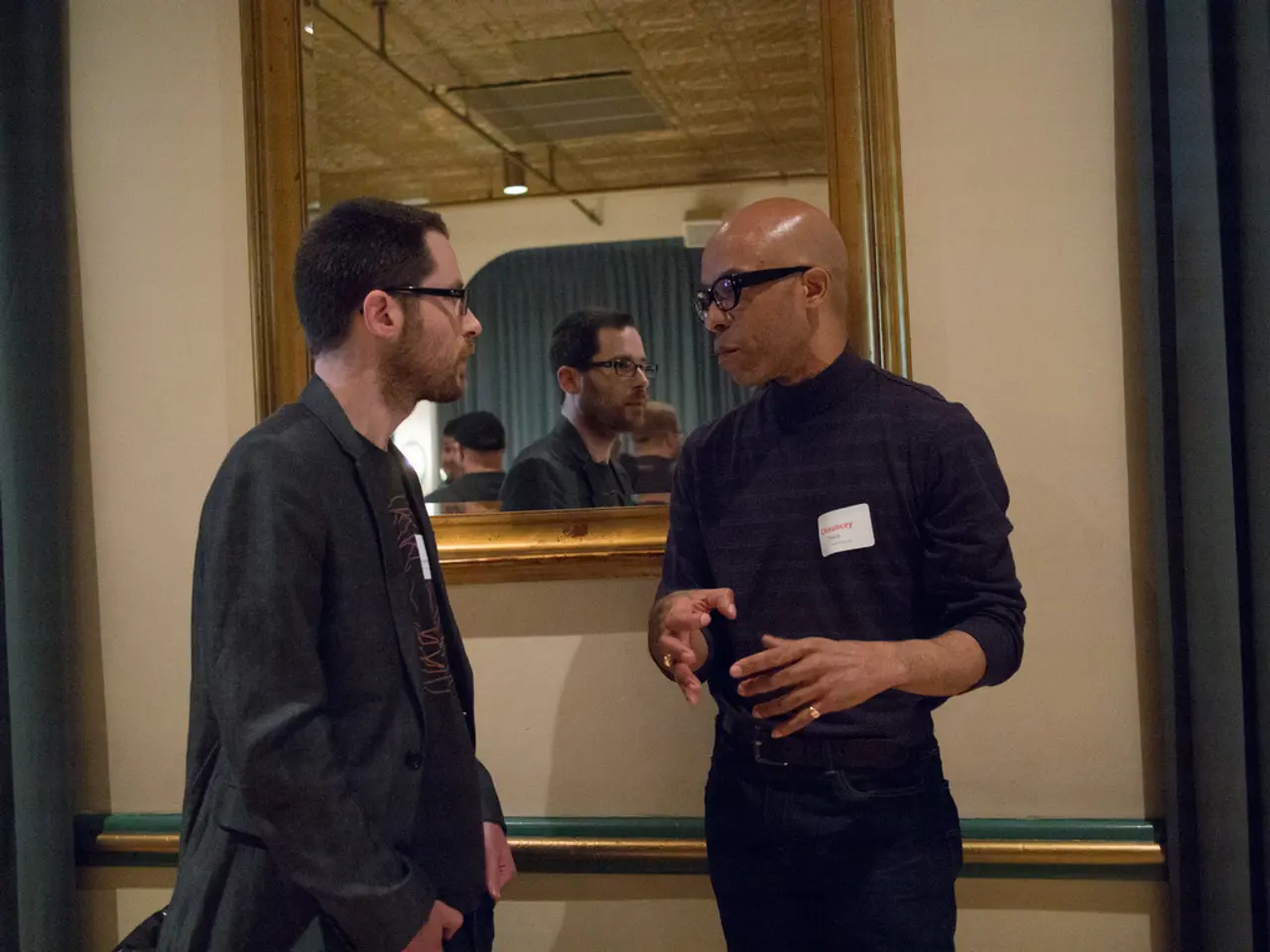South African Apartheid Discussed by Professor Jackson during Black History Month Celebration
In a riveting lecture during the Carter G. Woodson Lecture Series, Assistant Professor Sebastian Jackson, of the University of Virginia, delved into the complexities of ecology, economics, and education in Africa, focusing particularly on the controversial topic of interracial intimacy during the Apartheid era.
The lecture, titled "Miscegenation Madness: Interracial Intimacy and the Politics of 'Purity' in Twentieth Century South Africa," shed light on the harsh realities of Apartheid, a system of institutionalised racial segregation that held sway in South Africa from 1948 to 1994.
During this period, the Immorality Acts of 1927-1985 enacted a series of laws criminalising mixed race relationships. Key among these were the Prohibition of Mixed Marriages Act (1949) and the Immorality Amendment Act (1950), which outlawed marriage and sexual relations between people of different racial groups. These laws were part of a broader system of racial classification under the Population Registration Act (1950), which assigned every South African to a racial category based on appearance, ancestry, socio-economic status, and lifestyle.
To enforce racial purity, the government used propaganda rooted in religious and pseudo-scientific justifications. The Dutch Reformed Church, in particular, promoted apartheid as divinely ordained, framing racial segregation and purity as a moral and religious duty. Interracial intimacy was depicted as unnatural and a threat to social and racial order, using this narrative in public education and state propaganda to legitimise its laws.
Enforcement extended beyond laws to social control mechanisms such as forced removals and segregated neighbourhoods under acts like the Group Areas Act, which physically separated populations by race, further preventing intimate interracial contact.
Apartheid officially ended in 1985 with a negotiated settlement, but its legacy is long-lasting and still affects South Africans today. Thousands of people were convicted of committing serious crimes under Apartheid laws until 1985.
The lecture was followed by a dinner where students had the opportunity to engage further with Professor Jackson, discussing current events in America and their connection to South Africa. Other notable lectures during Black History Month included those by Father Emmanuel Katongole, an author and a professor at the University of Notre Dame, and Benjamin Talton, Professor of African History at Temple University.
[1] Human Rights Watch. (2021). South Africa - A Brief History of Apartheid. [online] Available at: https://www.hrw.org/news/2021/02/01/south-africa-brief-history-apartheid
[3] African Studies Centre Leiden. (2021). Apartheid Propaganda. [online] Available at: https://www.ascleiden.nl/apartheid-propaganda
- The lecture, "Miscegenation Madness: Interracial Intimacy and the Politics of 'Purity' in Twentieth Century South Africa," discussed the controversial topic of interracial intimacy during Apartheid, a system that criminalized mixed race relationships and enforced racial purity through propaganda and laws.
- The University of Virginia's Assistant Professor Sebastian Jackson, in his education-and-self-development event, shed light on the harsh realities of Apartheid, highlighting how the government used pseudo-scientific and religious justifications to promote racial segregation and the criminalization of interracial relationships.
- After the lecture, students had the opportunity to engage further with Professor Jackson, discussing current events in America and their connection to South Africa, showing the ongoing importance of education in understanding and addressing racial issues in different societies.




